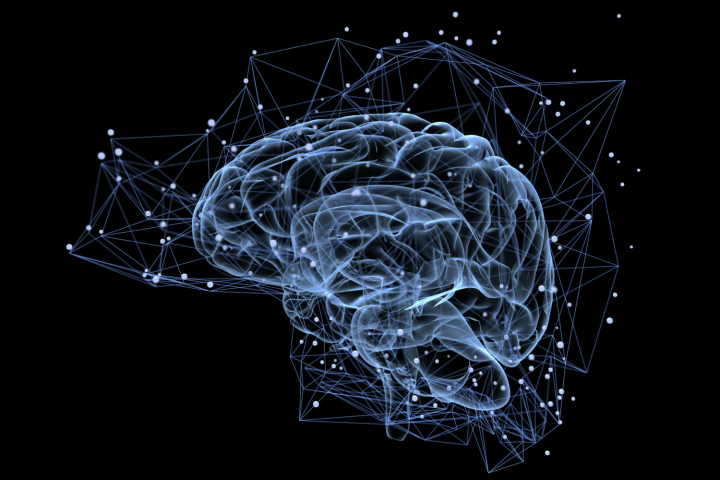
Actually you don’t — because it isn’t real. But somehow, in some weird way, large swaths of internet users seem to believe the popular 1990’s comedian actually played a genie and swear they saw it. Think of it as a “collective misremembering,” where large groups of people all believe in an alternative reality of sorts.
There was a movie about a genie in 1996 called Kazaam, but that starred Shaquille O’Neal, not Sinbad. They don’t even look alike. And only one sells doorbells today.
Don’t get this confused with the Trump-era “alternative facts,” where someone stands by a claim they know is false. These are people who honestly believe in the fallacy, and large numbers of them.
Shazaam is not the only one. Another example is a clock in a train station in Bologna, Italy. The clock actually stopped working in 1996, some 16 years after a deadly attack. The station’s management at that time decided to keep the clock and set it permanently at the time of the attack, 10:25. A study later found that 92 percent of those familiar with the station swore that the clock was always broken.
Or how about the Berenstain Bears? A common false memory is that it was once the Berenstein Bears. Nope, not true. This collective misremembering has taken on a new name as of late: the “Mandela Effect.”
Why the weird name?
The Mandela effect is the brainchild of paranormal consultant and blogger Fiona Broome. Broome coined the term after a 2010 Dragon Con convention where she found many convention goers believed that South African President Nelson Mandela had died while in imprisonment during the 1980s. Mandela actually died in 2013, and was president of the country from 1994 to 1999.
Even so, she and others swore he was dead. That led to a website of the same name, which now acts as a repository of information on not only the false memories surrounding Mandela’s death but others, such as Reverend Billy Graham’s televised funeral (he’s still alive as of this writing, and 98!), and misspellings of things like Jif Peanut Butter and Looney Toons.
Why does this occur?
It’s not exactly clear how these mass misconceptions begin, but there are a few theories. Some argue that it is an issue of societal reinforcement of a false memory, a kind of ‘Whisper down the lane’ effect. If you’ve ever played the telephone game as a child, you know how quickly whatever you’re whispering can get mangled into something completely different.
Others blame the rise of so-called “fake news.” As misleading stories make their way through social media and other channels, and then are shared far and wide, intentional misrepresentations of fact alter our collective memory. The recent “Pizzagate” storyline was only one of many in just the last year alone.
Memories are then built upon these false narratives, and the Mandela Effect takes hold. Finding others that might share in the delusion only makes it worse.
Could it be an alternate reality?
The recent discussion in the scientific community surrounding the concept of a “multiverse,” and the possibilities there might be ‘mirror’ universes to our own leads to the crazier side of the Mandela Effect. Broome and others claim that these memories are more than just “collective misrememberings.”
They suggest they are intrusions into our own reality by events that actually happened in alternate realities. It sounds crazy, but there’s a whole subreddit devoted to the subject. There, redditors are actively discussing such possibilities. (Reddit is full of awesome stuff like that.)
Whether you should believe this or not no doubt depends on how much faith you place in the validity of some cutting-edge scientific theories. If you do, apparently you’re part of a growing number of individuals who don’t think these incidents are mere chance. If not … well, the universe is still beautiful, right?


